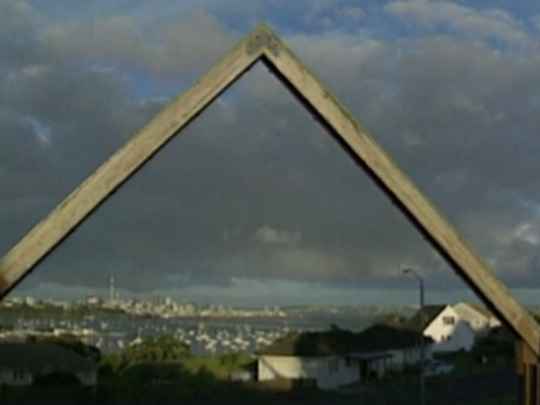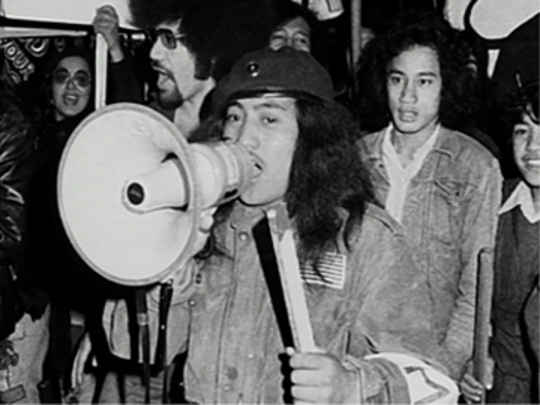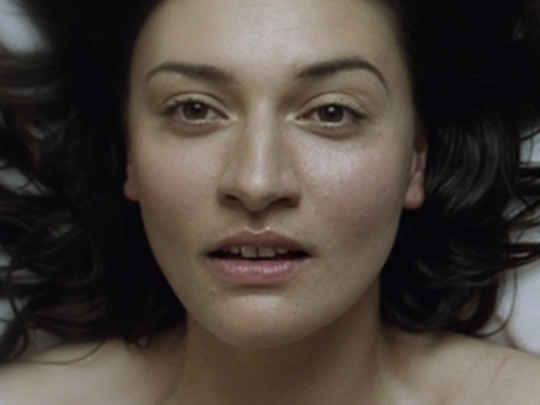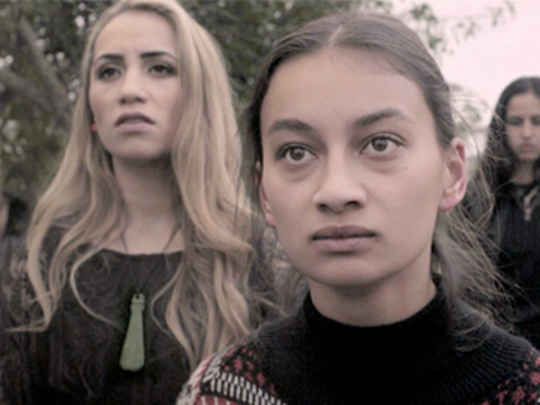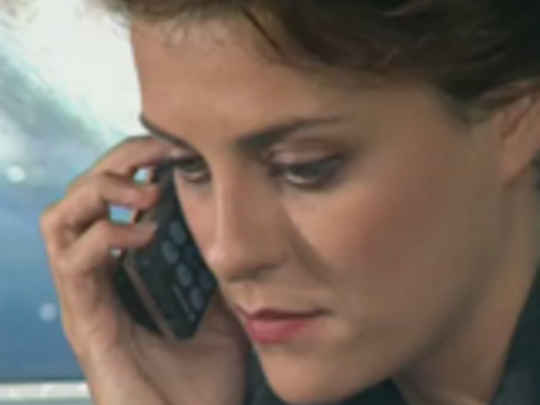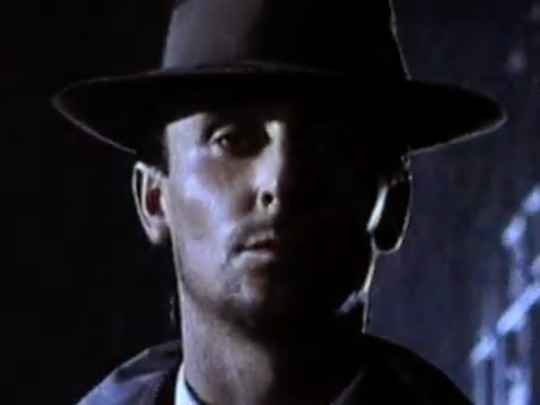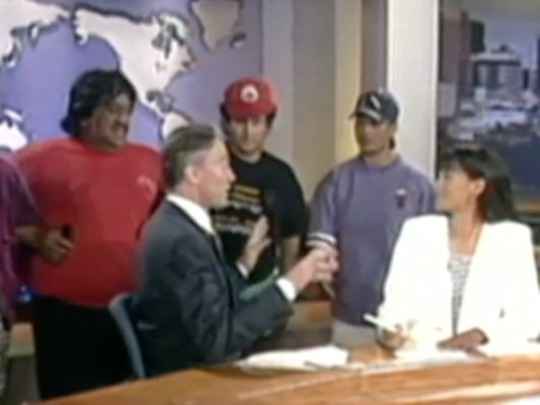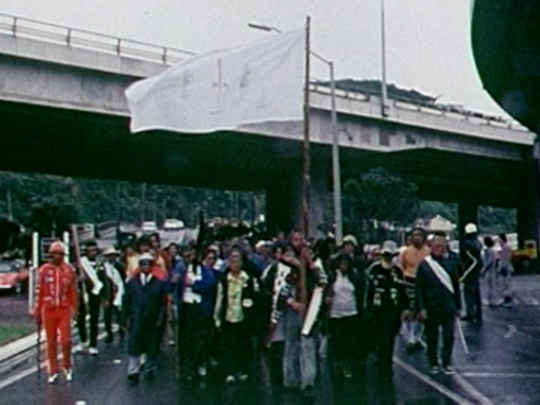The last New Zealand war took place in 1979. It lasted three minutes.
– Promotional wording for this documentary
I was a child in the 1970s, and I remember how Māori, and our culture and reo, were treated in those days. But the thing about racism is that it’s not always overt. Often, it’s just the way it sits inside the normality of the day. For example, when I was about seven years old, we did a project on Māori culture. But it was never acknowledged that anybody in the class was Māori. It was like we were talking about a strange, faraway thing that was completely separate from any of us.
– Writer/director Katie Wolfe on racism in the 1970s, E-Tangata, 30 April 2023
It was a difficult time and we can look back and say, ‘Oh, you know, that was a great set of action’. But when you're living in it, there's a lot of people hurt… lost jobs, police brutality. I think there's only one or two who didn't get beaten up because the cops had worn themselves out beating up the first lot...We got framed inside that and villainised as gangs, horrible people. And I say today, that racism is like kikuyu grass. It spreads its tentacles into the land and strangles the natives. So you are always having to fight and pull back that kikuyu.
– Hilda Halkyard-Harawira looks back on the protest action she took in 1979 and the fallout, Te Ao Māori News, 3 April 2022
...Māori people have been using official channels for years and years now and have always taken a passive approach, a humble approach. We've been taught to be humble, to be whakaiti, all the time, and I think the young people in the city now...they want some new order, they're not going to play by those rules any more.
– He Taua activist Hilda Halkyard-Harawira, talking in 1979 about how Māori protest has changed
The play is structured as verbatim theatre. Wolfe interviewed as many of the original Engineering students as would agree, along with He Taua . . . The transcript of those interviews is the dialogue but the play goes further. The actors all have bluetooth earpieces and play the characters exactly as they speak, with all mannerisms intact. A Received Verbatim technique . . . This is live theatre as dynamic documentary. Astonishingly the time is recreated in its immediacy again and has captivating power.
– Former Auckland University student Rev Orange Peel reviews Katie Wolfl'es original play, Theatreview website, 1 April 2021
...the more I looked into it, the more I could see it was a turning point in race relations because it helped Aotearoa to face up to its institutional racism.
– Writer/director Katie Wolfe on the Haka Party Incident, E-Tangata, 30 April 2023

